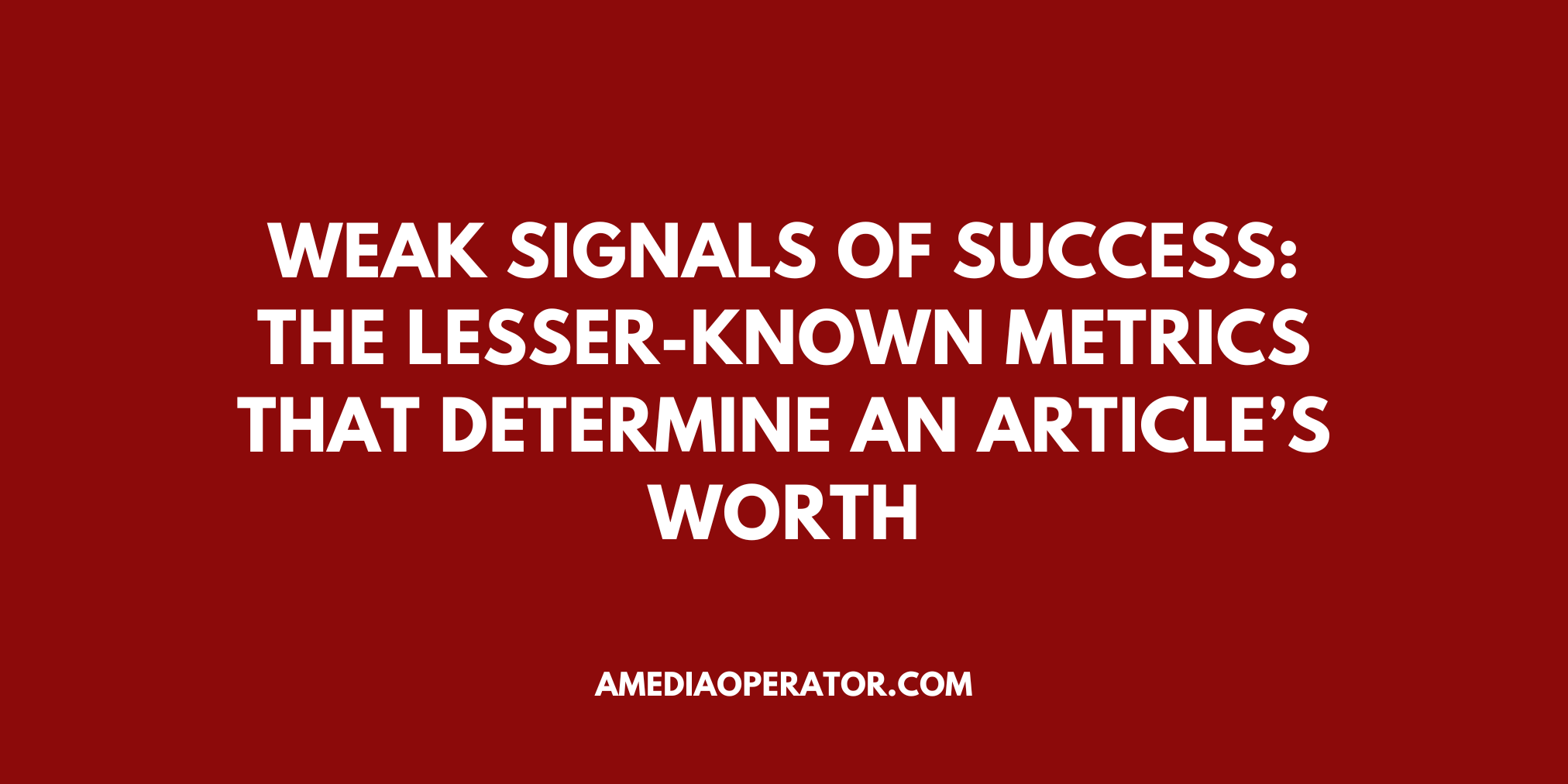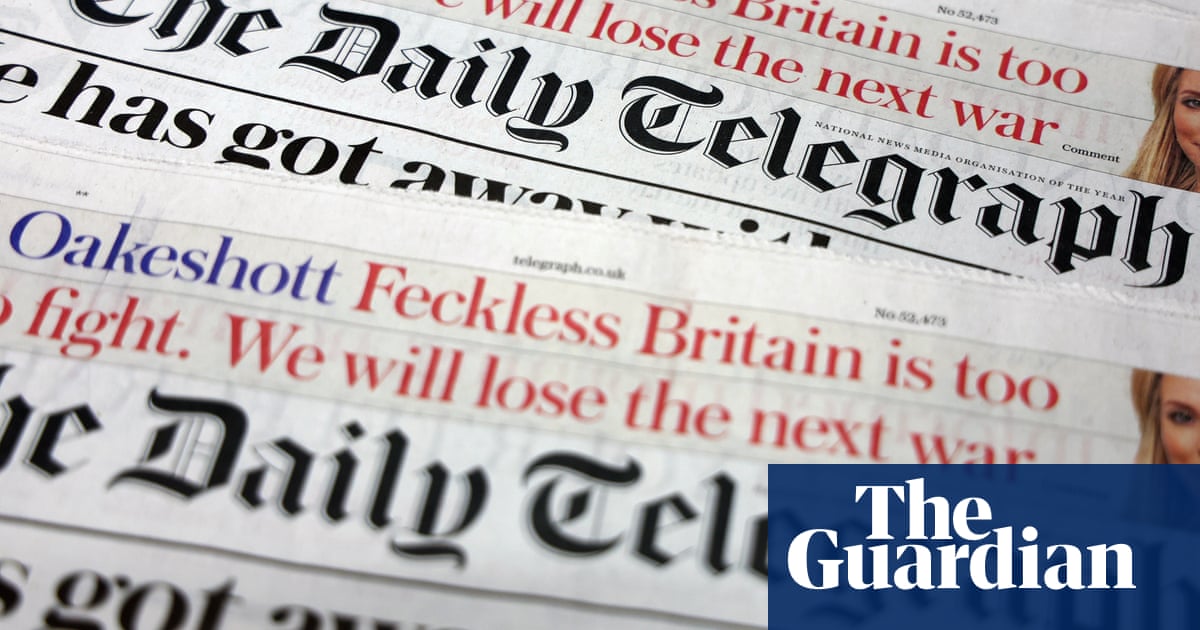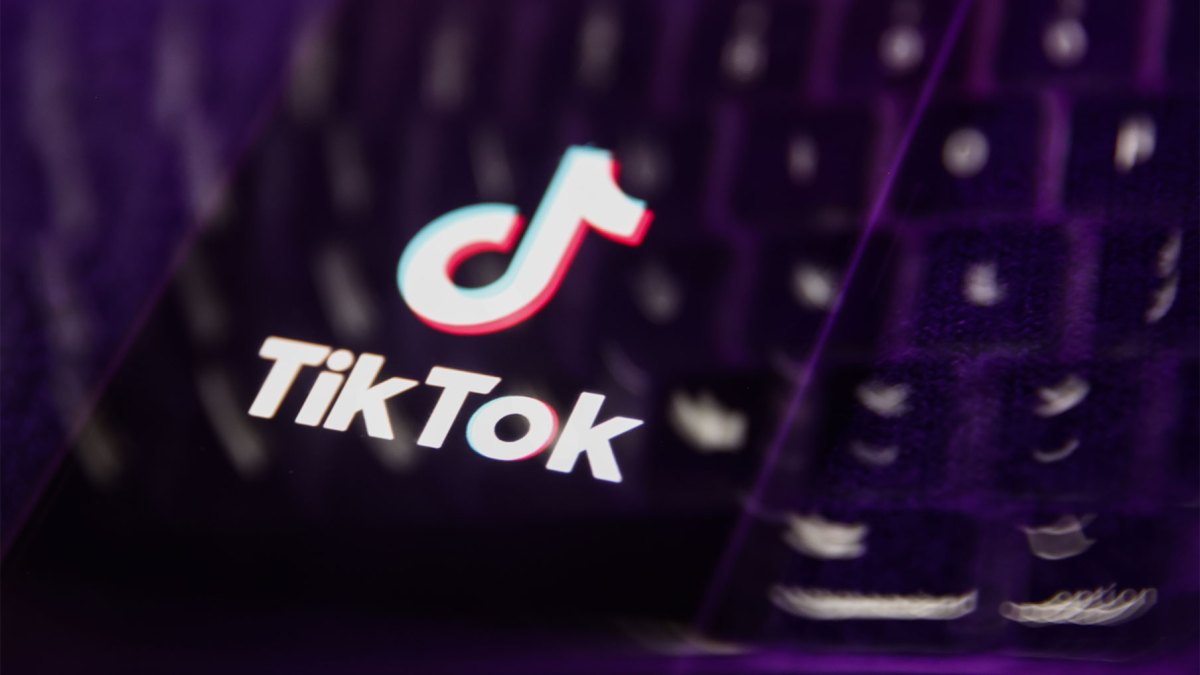- The Publisher Newsletter
- Posts
- Friday 17th May: With 1 million subscribers, The Atlantic eyes what’s next
Friday 17th May: With 1 million subscribers, The Atlantic eyes what’s next

Good morning! Today’s newsletter is brought to you by Chris.
When is the right time to shutter a newsletter, or change it to better serve your business goals? That's a topic The Telegraph's Maire Bonheim and David Alexander will be tackling at our upcoming Publisher Newsletter Summit on June 12th. Advance ticket rate ends TODAY!
The driving question at the core of this article is “amid the sharp increase of these junk content farms, is there a new opportunity for quality journalism to quietly reclaim its place at the fore?” That’s a question that, realistically, any halfway-decent journalistic outlet is asking itself (even if a few of them are indulging in junk content themselves). What makes this article stand out IMO is quite how strident The Atlantic’s editor-in-chief Jeffrey Goldberg is about that aim:
“We pivoted, I would say, to a total quality model on the web. We were doing good stuff on the web for years. We had a large team of young reporters doing news analysis and quick summaries and that sort of thing. But I’ve always believed that the aspect of The Atlantic that differentiated us from everyone else was a commitment to having the highest standards and producing the most complicated, interesting, aesthetically-pleasing, well-written journalism. I think that strategy has borne fruit.”
That is a direct attribution of subscription success to investment in quality journalism. You hear a lot of lip-service paid to that idea, but that commitment to “total quality” is worth celebrating and should be emulated. There’s plenty more in here, too, about how newsletters are creating new subscribers and how ‘quality’ is quantified in the age of AI. A very good read.
Oh, hey, if you want to learn how newsletters can support the aims of your own publishing business from the best and brightest in the industry, come along to our Publisher Newsletter Summit this June! 🎙️🎚️🎧
This was a fun one to write. For subscription-based publications, the primary role of an article is to convert fly-by-night audiences to paid-up members – but even articles that don’t directly convert audiences contribute to that success. I went looking for the metrics that determine whether articles are successful in building habits that ultimately lead to conversions. And, speaking of The Atlantic, I got to use a quote from our MV interview with Nicholas Thompson, too!
Gosh, you hate to see a break-up turn acrimonious. The former CNN executive who fronted a failed bid for the Telegraph newspaper by a UAE-backed consortium has suggested the government wasn’t “willing to listen to assurances about editorial neutrality”. To be fair to the UK government (I feel dirty just saying that) those assurances aren’t worth the paper they’re printed on, as we’ve seen with GB News and TalkTV.
TikTok is, well, a bit fraught as a social platform at the moment. Uncertainty of any kind lessens the likelihood that media companies will put significant investment into it, so I’d be surprised if we saw many major publishers or broadcasters doing much with this. However, as a case study in how a brand moves away from the format that made it unique — in this case community-driven short-form videos — this is fascinating.
More from Media Voices
✉️ Was this email forwarded to you? Sign up to The Media Roundup here for the four most important stories in your inbox, every weekday.
📣 Want to reach our audience of publishing and media professionals? Here’s our sponsorship options for the podcast and newsletter. Or just reply to this email and we can build you a custom bundle.
🎧 Do you have a podcast and/or newsletter and want to take them to the next level? We’d love to see you at our Publisher Podcast and Newsletter Summit.
🧡 Take your relationship with us to the next level: we’d love you to join our community of fellow media professionals.






